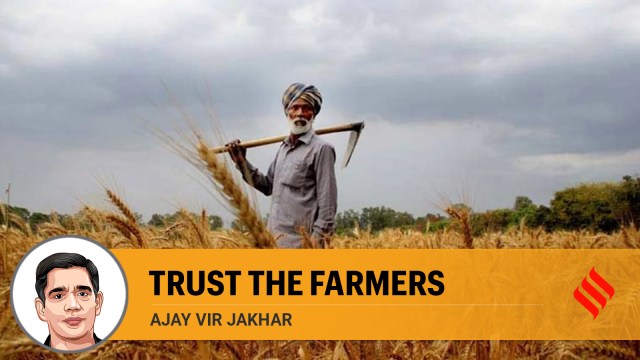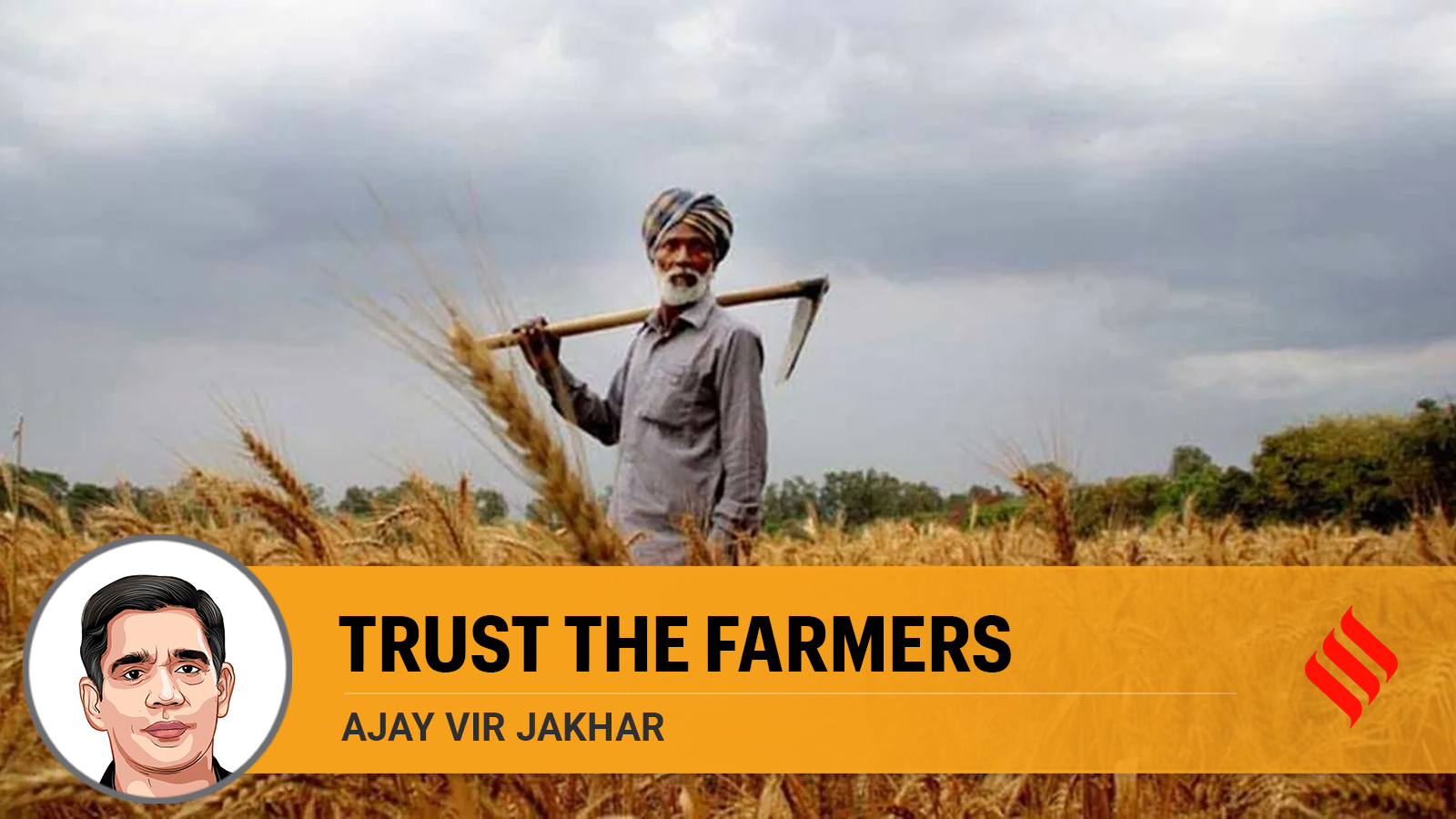

Nov 22, 2024 12:43 IST First published on: Nov 22, 2024 at 04:10 IST
Six months into the government’s third momentous term, there has been no big-bang announcement (thankfully) nor a whimper of policy reform (sadly) around agriculture. This is not due to lack of good intentions or courage. Both are present in ample measure in this government. It is presumably because this government is grappling for ideas. Take, for example, its decade-long dilemma on allowing new biotech crops or its rhetoric on natural farming sans adequate funding support. The contradictions and confusion have the scientific community and farmers at their wits’ end.
The key to good leadership is not only in choosing the problems to solve. It is also guided by the ability to recognise what problems to live with. The government has been politically correct in identifying food inflation and trying to keep it under control. In doing so, it has chosen electoral prudence over the interests of 40 per cent of India’s population; those dependent on agriculture. This misplaced priority exists because of two factors. One, economics remains obstinate, refusing to change even as it has not delivered an alternative concept of conceiving “progress”. Two, the myopic vision of political parties which face national or state elections every few months. If history has a lesson, it is that we don’t learn from it.
Today, fewer people are asking uncomfortable questions or advocating contrary narratives, without which the government is staring in the mirror and loving the reflection. But wanting to believe something does not make it true. People have an appetite for narratives and the BJP, which used to set the agenda, has, of late, been facing a writer’s block. It should be worried on all counts.
Union ministers are inaccessible. This means they lose out on opportunities to be dissuaded from the mistakes of their predecessors, and find out-of-the-box ideas on improving governance and delivery. It seems that ministers believe that it is their prerogative to ignore requests by farmers’ organisations. It is not. Despite many good initiatives, the government has not been able to win the hearts of the farming community and it is not difficult to fathom why.
Even curious listening can help avert policy failures. Take, for example, the much-hyped and advertised nano urea. Farmers rejected it outright. In an abject acknowledgement of failure, the manufacturers have slyly increased the nitrogen content in the nano urea by an astonishing 400 per cent. Government-funded agricultural universities still refuse to endorse it. It seems to be a fit case for a class action lawsuit against the manufacturers for false claims that productivity increases by using nano urea. Similarly, post elections, the Indian Council of Agricultural Research (ICAR) released 109 climate-resilient seed varieties to boost farm yield and nutrition. Scientists tell this author they would be surprised if even five were commercially adopted. Like the Pusa decomposer and Drone Didis programme, these stories sound nice. Let alone impress, none of these will even leave an impression. What does leave an impression is the shortage of DAP fertilisers, late lifting of paddy or farmers being forced to buy nano urea to obtain bags of subsidised fertilisers. The political masters cannot not be cognisant of this sacrilegious breach of trust.
Politicians should realise that solutions are not the monopoly of those close to the power centre, international consultancy firms or NGOs fronting for businesses. Experience teaches one that those who do not work in or with the government have the most ideas to offer. The key challenge is how to get their opinion on the table. Not receiving feedback or new ideas from the ground leads to flawed policies and lack of delivery and consequently, lack of trust. Trust is the most critical prerequisite; whether it be for crop diversification, stopping crop residue burning, implementing farm reforms, winning elections or any other successful transformation or policy adoption. It takes a long time to cultivate trust; there is a tendency to either underestimate the value of generating trust or the time required. It is equally unambiguous that, like scarcities in agricultural commodities, trust is short-lived. Just as glut in commodities is long lasting, so is distrust. If the government wants to be trusted by the farmers, it must start to trust the farmers and remember that it can only harvest what it has sown.
The writer is chairman, Bharat Krishak Samaj


